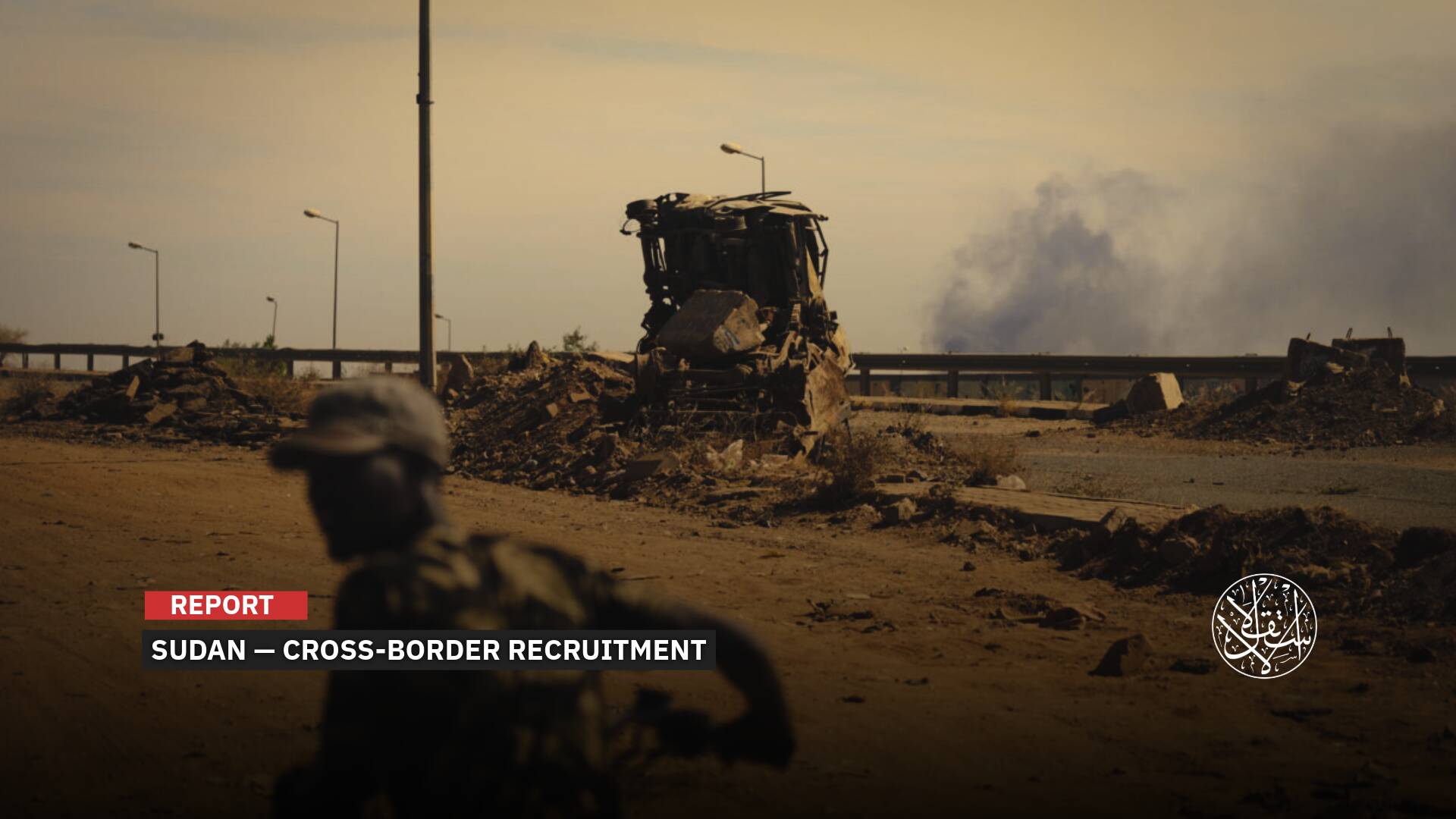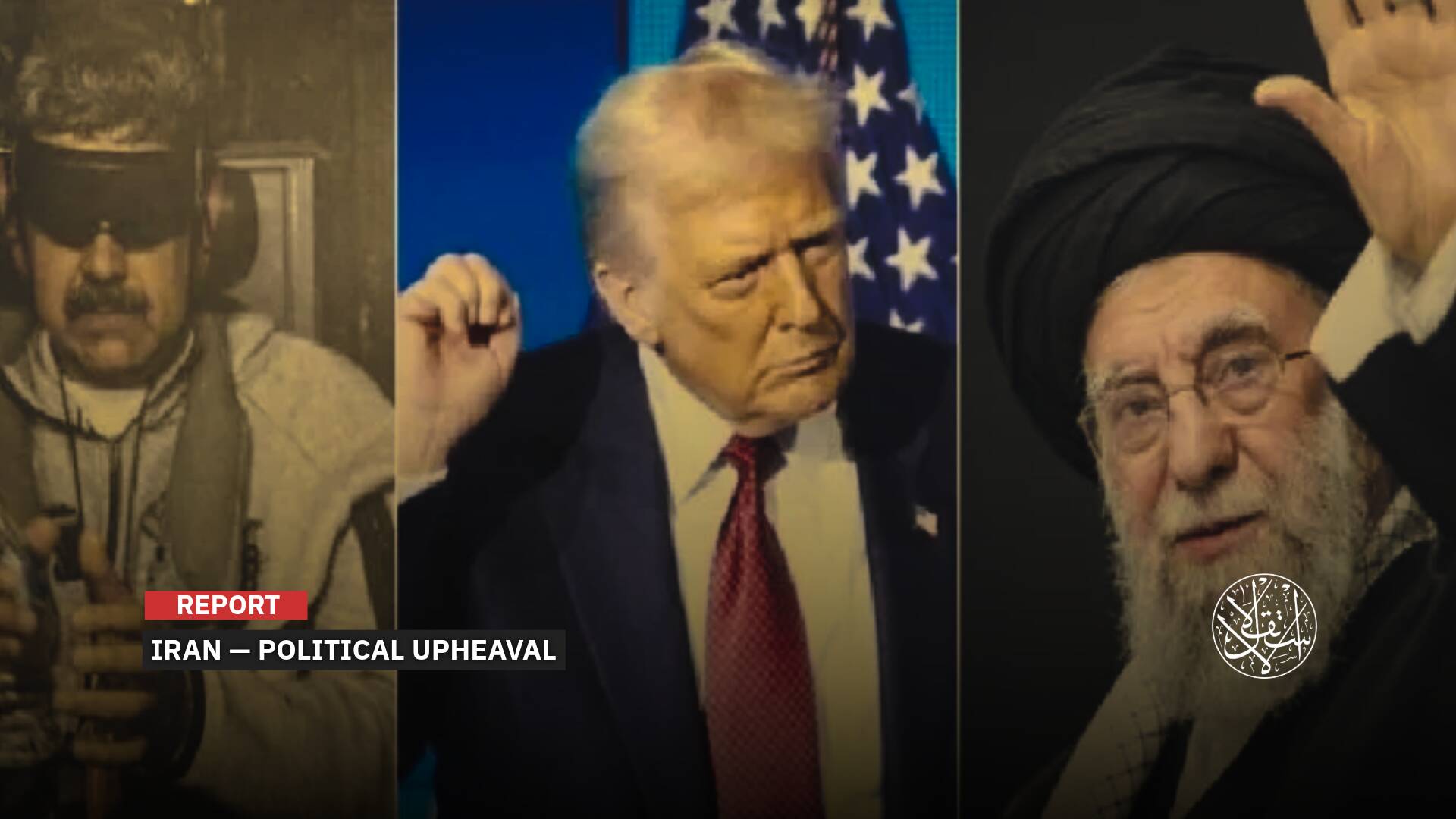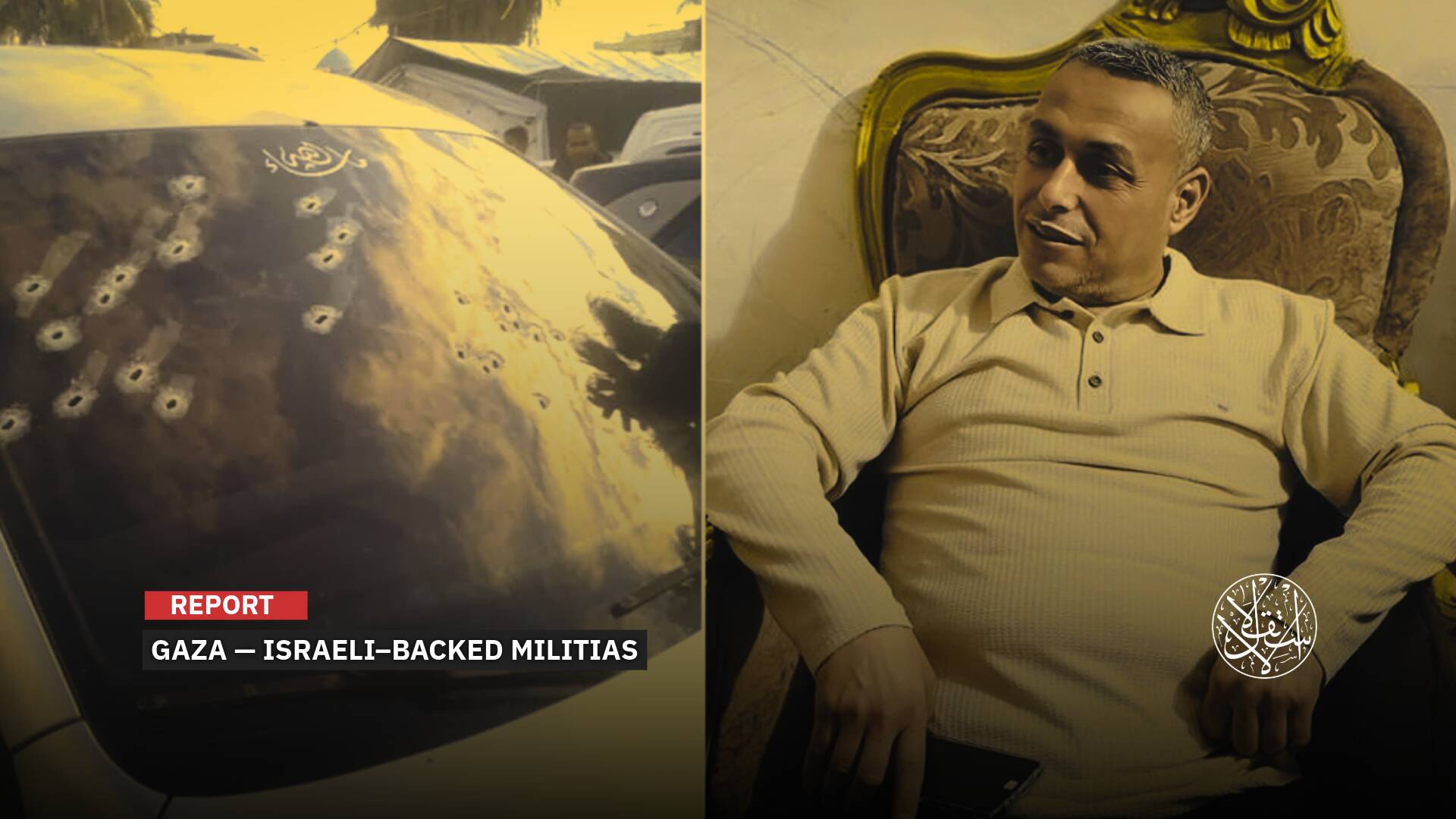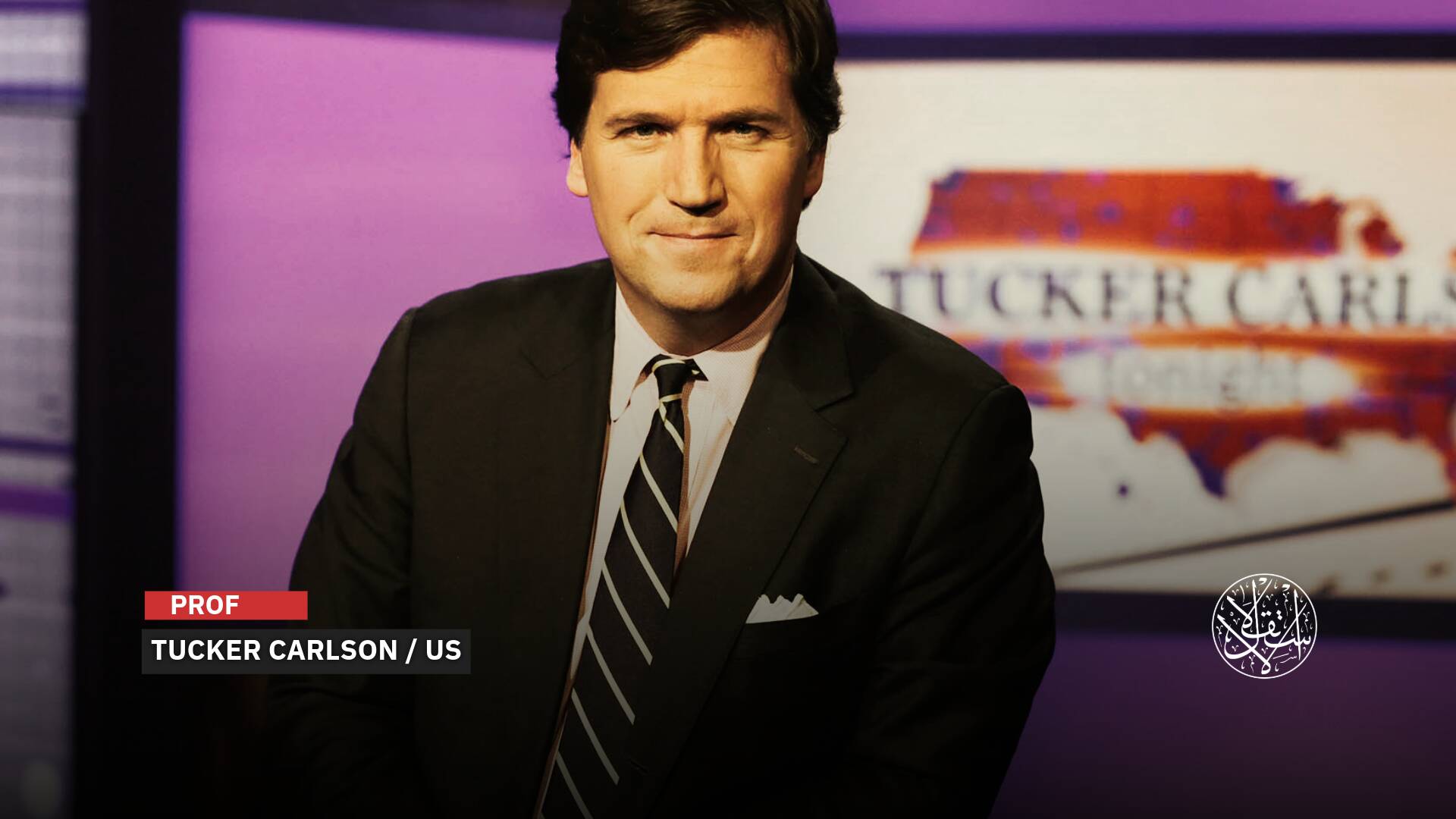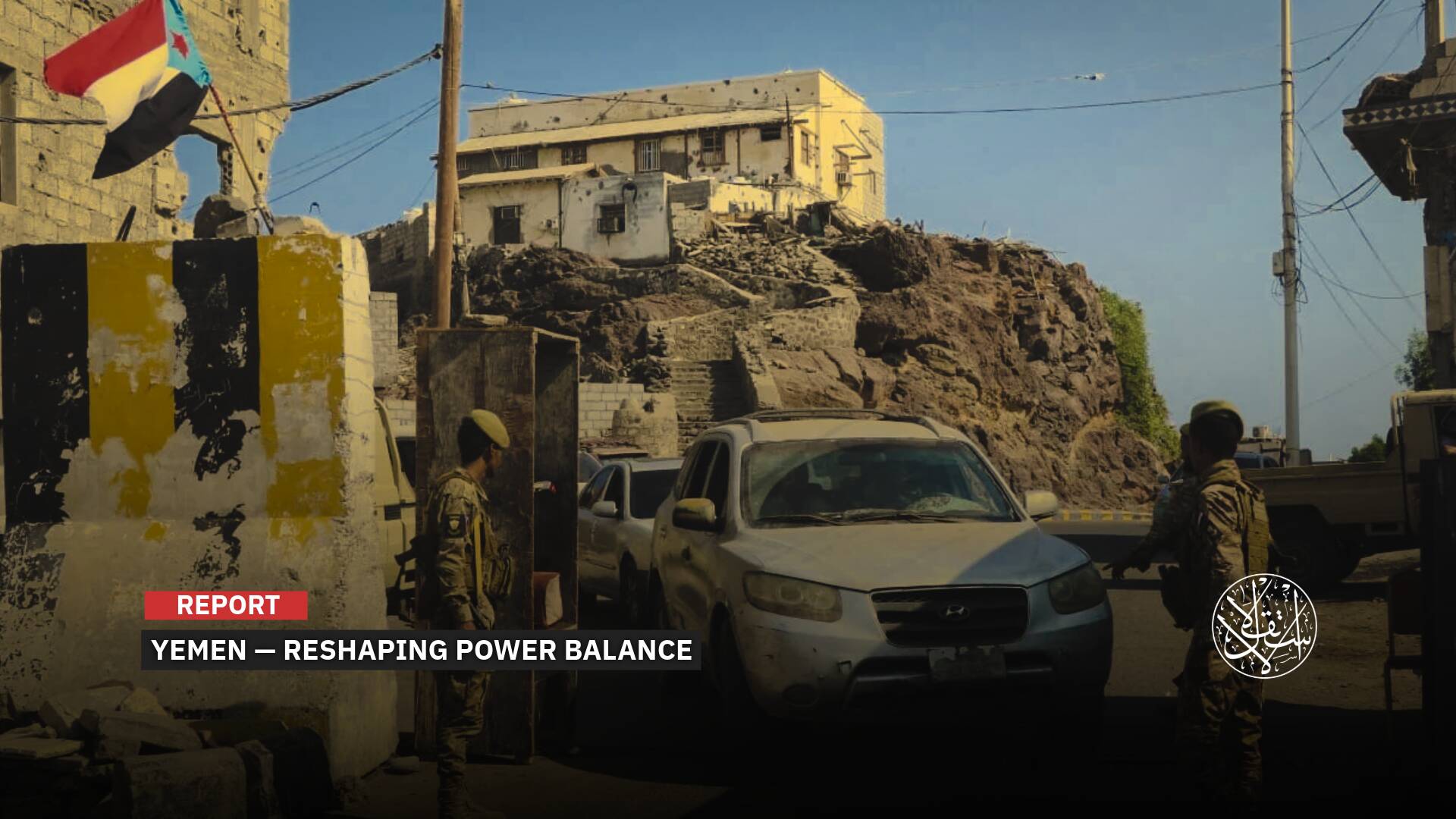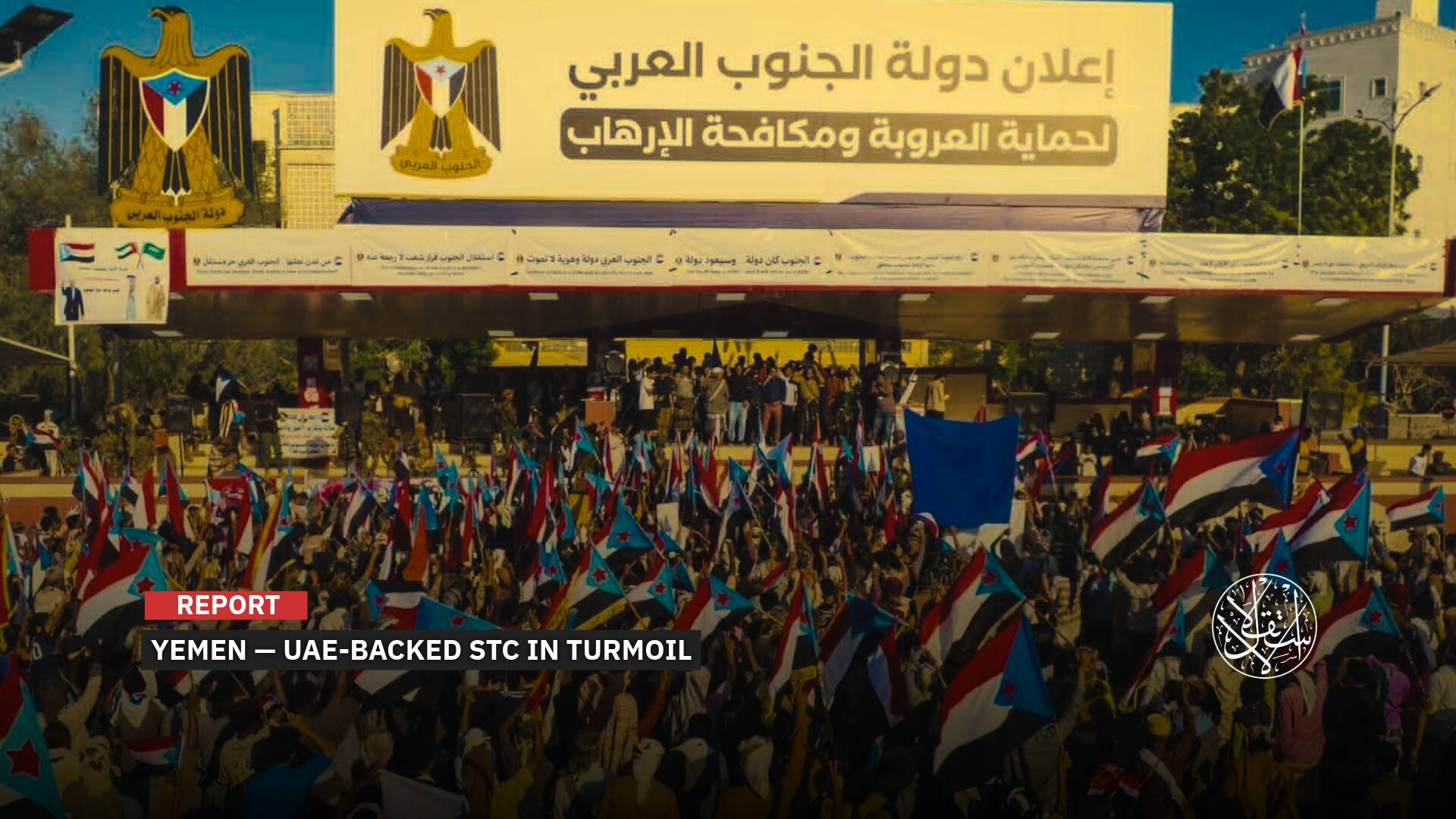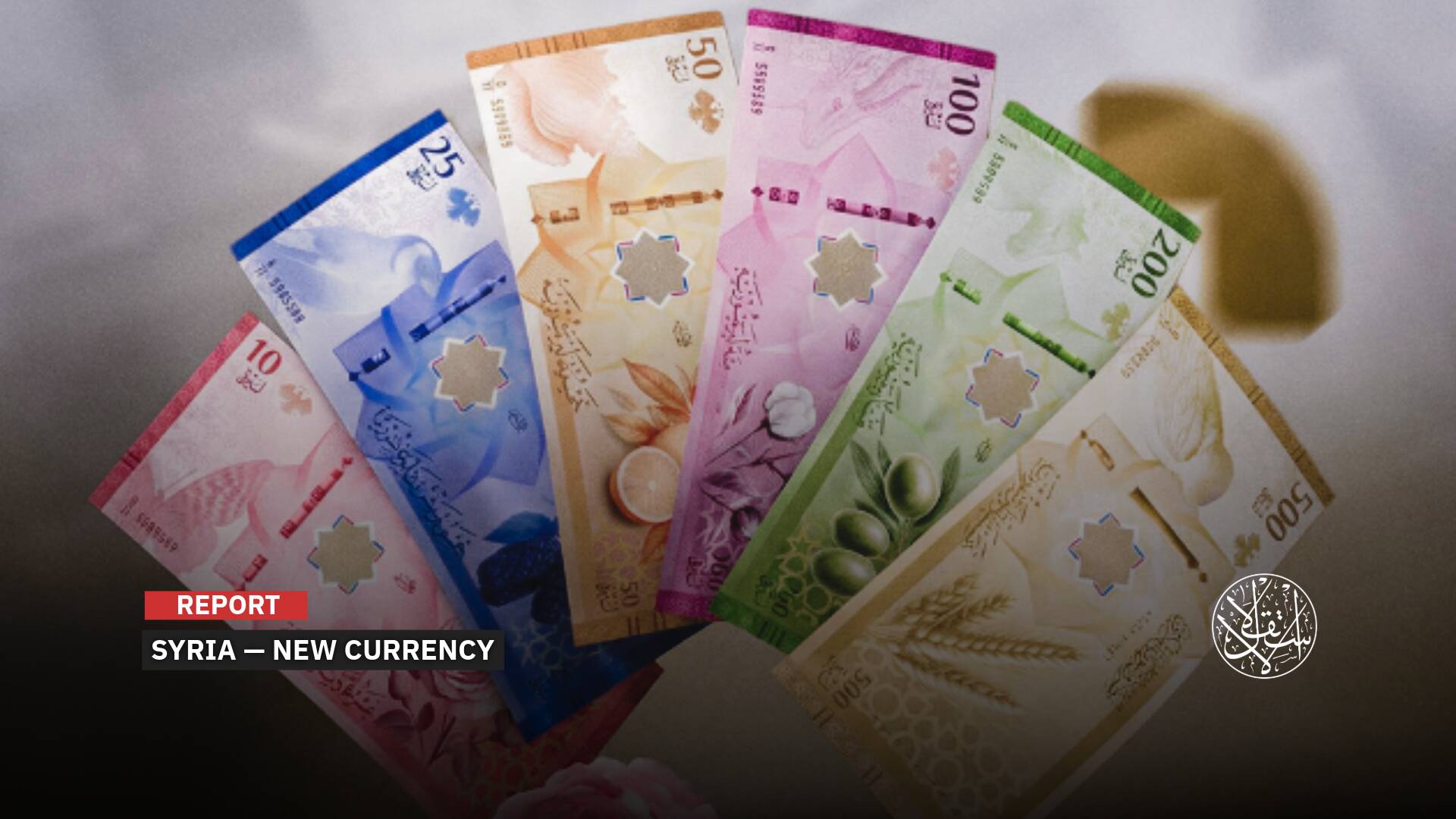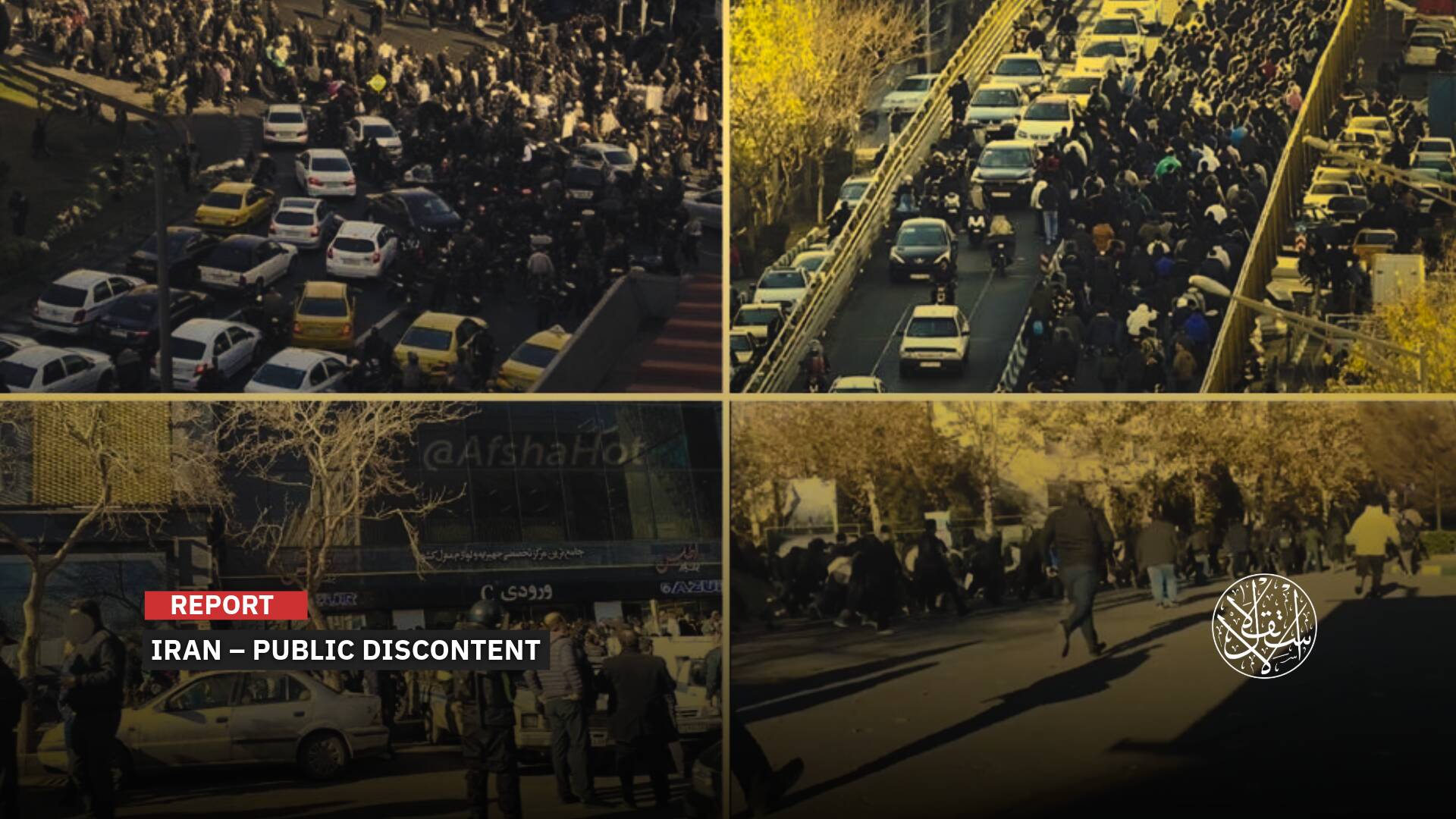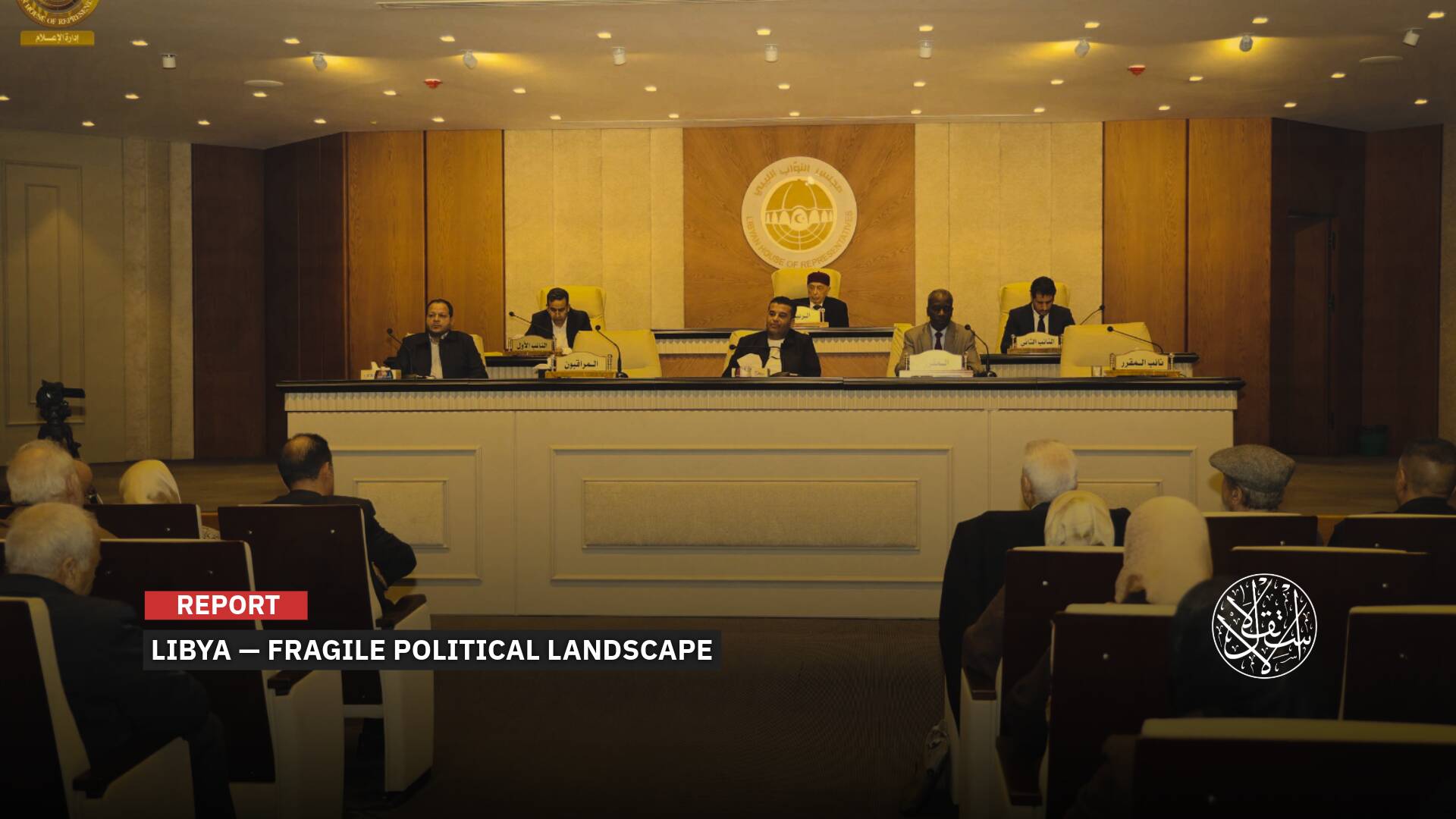American-Israeli Concern: What's Behind the Timing of ICC Move to Prosecute ‘Israel’?

The ongoing political momentum of the aggression on Gaza since October 7 has prompted the court to act with seriousness this time.
The possibility of the International Criminal Court issuing international arrest warrants against Israeli officials drove Tel Aviv into a frenzy, prompting intimidation and exertion of pressure.
In a rare statement, the International Criminal Court called, on May 3rd, 2024, for an end to attempts to undermine its independence, obstruct its officials, intimidate, or influence them.
The Office of the Prosecutor at the court clarified that it is aware of the general interest in its investigations and welcomes any comments and concerns about them.
It viewed that threatening the court or its staff undermines its independence, and constitutes a crime against the establishment of justice, under Article 70 of the Rome Statute.
Israeli media circulated reports suggesting the possibility of the International Criminal Court issuing international arrest warrants against Prime Minister Benjamin Netanyahu, Minister of War Yoav Gallant, and Chief of Staff Herzi Halevi, in connection with the aggression on the Gaza Strip.
“Israel” has continued its aggression on Gaza since October 7, 2023, despite the UN Security Council's resolution to immediately halt hostilities, and despite the International Court of Justice's directives to take immediate measures to prevent acts of "genocide" and improve the humanitarian situation in the besieged enclave.
American-Israeli Concerns
Israeli concerns prompted Netanyahu on April 30, 2024, to appeal to what he called "leaders of the free world" to work to prevent the issuance of international arrest warrants against Israeli officials by the International Criminal Court.
Netanyahu challenged the UN-affiliated court, saying, "I want to make one thing clear: no decision, neither in The Hague nor anywhere else, will harm our determination to achieve all the goals of the war," namely, eliminating the Islamic Resistance Movement (Hamas) and retrieving the captives.
He also described the possibility of prominent Israeli figures being added to the wanted list as an anger-inducing matter with historical dimensions, accusing the International Criminal Court of attempting to disable Israeli ability to defend itself.
The U.S., which continues to support “Israel” with arms during the aggression, shared the same concern as Tel Aviv, resorting to intimidating the court.
On the same day as Netanyahu's statement, Speaker of the United States House of Representatives Mike Johnson warned that if the International Criminal Court issued an arrest warrant against the former, it would be a serious development that must be responded to.
Johnson called on President Joe Biden's administration to demand an immediate and unequivocal reversal from the International Criminal Court and to use all available tools to prevent such heinous action.
In early May 2024, prominent members of the Republican and Democratic parties held an online meeting with senior officials at the International Criminal Court to express their opposition to the issuance of arrest warrants against Israeli officials.
On April 29, the U.S. expressed its opposition to the International Criminal Court's investigation into Israeli practices in Gaza.
White House spokeswoman Karine Jean-Pierre said it is not within the International Criminal Court's jurisdiction to issue judgments against Israeli officials.
Israeli concerns reached the point where Netanyahu, during a phone call with Joe Biden, requested assistance in preventing the International Criminal Court from issuing arrest warrants that could target him personally, or his defense minister or chief of staff, according to Axios.
The American website reported at the end of April that members of the U.S. Congress had issued strong warnings and threats to the International Criminal Court, following talks about the potential issuance of arrest warrants against Israeli officials.

The Timing's Significance
Despite several wars in Gaza since 2008 until today, the court did not denounce “Israel” nor issued any arrest warrants against any officials, including Netanyahu, while the International Criminal Court took only two weeks to issue an arrest warrant against Russian President Vladimir Putin after 39 member states of the court requested an investigation into crimes committed in Ukraine.
The International Criminal Court formally began investigating charges against “Israel” and its political and military leaders in 2021, after six years of collecting and analyzing information, but nothing materialized on the ground.
This has led many observers to accuse the court of bias and of giving “Israel” the opportunity to escape punishment every time, despite the crimes documented with audio and video evidence, and the Israeli Occupation's acknowledgment and sometimes pride in executing them.
However, the importance of the court has now become greater compared to previous years, even though the Israeli Occupation's crimes did not begin today, according to Mohamed Imad, Director of Legal Affairs and Policies at Skyline International Human Rights Organization.
Imad told Al-Estiklal that “the ongoing political momentum of the aggression on Gaza since October 7th has prompted the court to act with seriousness this time.
"The legal role cannot be separated from the political one, which we are currently witnessing, especially with the American and European popular movements and the suppression of university students opposing the Israeli aggression, which has formed a new wave to highlight the role of the court more and ignore political pressures," Imad added.
He pointed out that “any Palestinian or international move towards prosecuting the Israeli Occupation's leaders faced a unified front from the United States and its European allies.”
However, international fronts are now at odds in light of the escalation of Israeli crimes, hence the court has begun to move in the right direction to hold Israeli leaders accountable for their crimes, according to Imad.
He emphasized the importance of "exploiting the current atmosphere and positive action by the court, especially after its condemnation of threats against its members."
In this regard, Imad stressed the importance of the roles that the Foreign and Justice Ministries in Ramallah and Palestinian human rights organizations can play in preparing files quickly, especially regarding the major crimes that occurred at the beginning of the aggression.

Prosecution Potential
In turn, the U.S. and “Israel” do not recognize the jurisdiction of the International Criminal Court as they are not members. Still, the Palestinian Authority joined it in 2015 and has since tried to sue Tel Aviv without success.
Washington and Tel Aviv did not sign the statute establishing the International Criminal Court, and officials from both sides have argued over the years that its legal authority does not extend to them.
However, in 2015 and reaffirmed in 2021, the court stated that it has legal jurisdiction to investigate any crimes committed in the occupied Palestinian territories in the West Bank, Gaza, and East Jerusalem, regardless of the nationality of the perpetrator, even if their country is not a member of the statute establishing the court.
Regarding the potential for prosecution, human rights lawyer Mohamed Imad said, "In previous years, it was difficult to bring Israeli leaders to trial, but the current legal, political momentum and international movements have changed the equation."
He believes that if the court issues an arrest warrant against an Israeli official, the countries that have joined this judicial system will find it embarrassing not to enforce the decision.
Imad sees this step positively, believing that it could increase the Israeli Occupation’s international isolation and make its leaders fear traveling abroad, especially to European countries.
"This point will be in favor of the Palestinians; even if the arrest warrant is not executed, it is important to pressure Israel," he added.
The U.S. stance on the International Criminal Court has become more sensitive due to internal disputes and double standards between “Israel” and Russia following the latter's invasion of Ukraine in February 2022.
Congress amended laws to allow cooperation with the court in its case against Russia, according to Intelligence Online specializing in intelligence affairs.
The amendment came just four months before the court issued an arrest warrant against Putin on charges of "committing war crimes" on March 17, 2023.
Six weeks before the law amendment, a group of U.S. Senators paused during their return from Ukraine at the International Criminal Court headquarters in The Hague to meet with the ICC Prosecutor, Karim Khan.
When Khan met with Senators in Washington in May 2023, he informed them that the U.S. Department of Defense does not cooperate with the court and fails to provide documented information about Russian artillery strikes in Ukraine and the kidnapping and abduction of children into Russia.
Afterward, these Senators became the staunchest defenders of the court and raised the issue with United States Secretary of Defense Lloyd Austin, who said he did not oppose the trial of the Russian President but feared the future ramifications of such cooperation.
Such cooperation could provide grounds for the trial of war leaders in “Israel,” including Netanyahu and his war minister Gallant, something Washington is trying to avoid, especially with the growing international calls for it, according to the French magazine.


